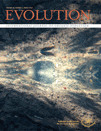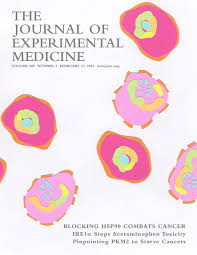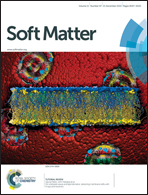A panel of scholars in Finland has downgraded 60 journals in their quality rating system, following months of review and feedback from researchers.
The Finnish Publication Forum (JUFO) classifies and rates journals and other scholarly publications to “support the quality assessment of academic research,” according to its website. JUFO considers the level of transparency, the number of experts on a publication’s editorial board, and the standard of peer review to make its assessment, which academics can use to determine the credibility of a given title or its publisher.
JUFO’s classification ranges from 3, for “supreme-level” publications, to 1, which still counts as legitimate publication. Level 0 means the journal is excluded from the ranking, which may dissuade researchers from publishing with them, James Heathers, a scientific sleuth said. Finland’s university funding model relies on JUFO as a publication quality metric.
Continue reading Finland group downgrades 60 journals


 A court in Finland has ruled that universities must go through the court system if they want to revoke a degree.
A court in Finland has ruled that universities must go through the court system if they want to revoke a degree.

 An author has been added to a biochemistry paper following an investigation by the University of Helsinki.
An author has been added to a biochemistry paper following an investigation by the University of Helsinki.

